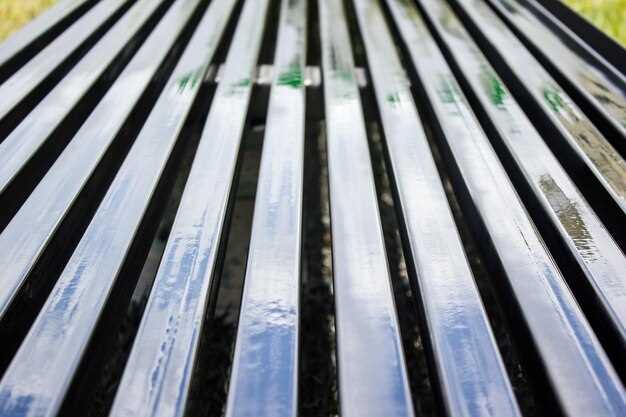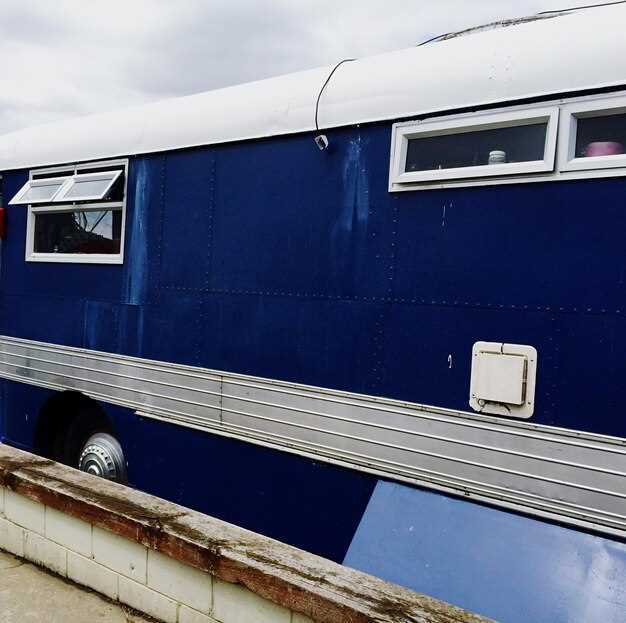
Enclosed trailers provide a reliable solution for transporting goods, vehicles, and other valuable items. However, they are not impervious to the elements. Weather can be unpredictable, and exposure to rain, snow, or intense sunlight can damage the contents inside a trailer. To ensure that your belongings are safeguarded, investing in waterproof tarps and covers is essential.
Waterproof tarps offer the necessary protection against moisture, dirt, and debris, keeping your trailer’s contents safe and secure. These high-quality tarps are designed to withstand various weather conditions, ensuring that your items remain dry and in pristine condition. Whether you’re transporting heavy machinery or delicate equipment, the right cover can make all the difference.
Choosing the appropriate tarp or cover for your enclosed trailer involves considering factors such as size, material, and compatibility. By selecting a durable and effective waterproof solution, you can minimize potential damage and extend the lifespan of both your trailer and its cargo. With the right protection in place, you can travel with confidence, knowing that your belongings are shielded from the unpredictable nature of the weather.
Choosing the Right Material for Your Trailer Cover
When it comes to protecting your trailer from various weather conditions, selecting the right material for your cover is crucial. A well-chosen cover not only enhances the longevity of your trailer but also offers effective protection against rain, snow, and UV rays.
Here are some key materials commonly used for trailer covers:
- Polyester: Lightweight and resistant to UV rays, polyester is a popular choice for trailer covers. It provides excellent weather protection and is often treated with additional coatings to enhance water resistance.
- Polyethylene: Known for its durability and waterproof qualities, polyethylene is often used for more heavy-duty covers. It can withstand harsh weather, making it ideal for trailers exposed to the elements.
- Vinyl: This material offers superior waterproofing and is resistant to mold and mildew. Vinyl covers provide long-lasting weather protection but can be heavier and more expensive than other options.
- Canvas: While traditional canvas offers good breathability, it may not provide the best waterproofing without proper treatment. Modern canvas options often come with a waterproof coating, making them suitable for various weather conditions.
When selecting a material, consider the following factors:
- Climate: Assess the typical weather conditions in your area, such as rain frequency, sunlight intensity, and temperature fluctuations.
- Usage: Determine how often you will be using the trailer and whether it will be stored outdoors or indoors.
- Budget: Set a budget that allows you to select a durable and quality material without compromising on necessary protective features.
Choosing the right material for your trailer cover ensures effective protection against diverse weather elements, helping maintain the integrity of your trailer over time.
How to Properly Secure Tarps Against Harsh Weather

Securing tarps properly is essential to ensure the safety and protection of your trailer contents during harsh weather conditions. To achieve maximum effectiveness, follow these key steps.
First, choose high-quality waterproof tarps designed for durability. Look for materials that are resistant to tearing and UV rays, ensuring they can withstand wind and rain without damage.
Next, when covering your trailer, make sure the tarp is adequately sized to overlap the edges. This overlap prevents moisture and debris from entering and adds an extra layer of security against strong winds.
Utilize robust tie-downs or bungee cords to secure the tarp tightly to the trailer. Attach these fasteners at multiple points along the edges, ensuring even tension. Avoid loose areas to minimize flapping that can lead to wear and damage.
In addition to tie-downs, consider using weighted objects, such as sandbags, at the tarp’s base. This extra weight provides additional stability against strong gusts, preventing the tarp from lifting or shifting.
For trailers with built-in attachment points, make use of them by clipping or hooking the tarp securely. This method offers additional integrity and keeps the cover firmly in place during storms or high winds.
Lastly, regularly check your tarp and securing methods, particularly after severe weather. Inspect for wear or damage that may have occurred, and make necessary adjustments to maintain optimal protection for your trailer and its contents.
Maintenance Tips for Longevity of Your Trailer Covers

To ensure the longevity of your trailer covers, regular maintenance is essential. Proper care will extend the life of the cover and provide optimal protection for your trailer.
1. Regular Cleaning: Clean your trailer cover at least twice a year, especially before storing it for an extended period. Use mild soap and water to remove dirt and debris. Avoid harsh chemicals that can damage the material.
2. Drying: Always allow your cover to dry completely before storing it. This prevents the growth of mold and mildew, which can compromise the integrity of the cover.
3. Storage: Store the cover in a cool, dry place when not in use. Avoid folding it in sharp creases, as this can weaken the fabric over time. Instead, roll the cover loosely to maintain its shape.
4. Inspect Regularly: Check your trailer cover for any signs of wear or damage, such as tears or fraying. Address any issues promptly to prevent further deterioration. Small repairs can often be done easily with fabric adhesive or patches.
5. Avoid Overexposure: Prolonged exposure to sunlight can degrade the material of your cover. Whenever possible, park your trailer in shaded areas or use a high-quality cover that offers UV protection.
6. Proper Fitting: Ensure that your cover fits snugly on your trailer. A loose cover can flap in the wind, leading to unnecessary wear and potential damage. Use straps or cords to secure the cover in place.
7. Seasonal Considerations: In winter, cover your trailer to protect it from snow and ice accumulation. In summer, consider a breathable cover to allow moisture to escape, preventing mold growth while still providing adequate protection.
Following these maintenance tips will help preserve the quality and durability of your trailer cover, ensuring it continues to provide effective protection for your trailer for years to come.





